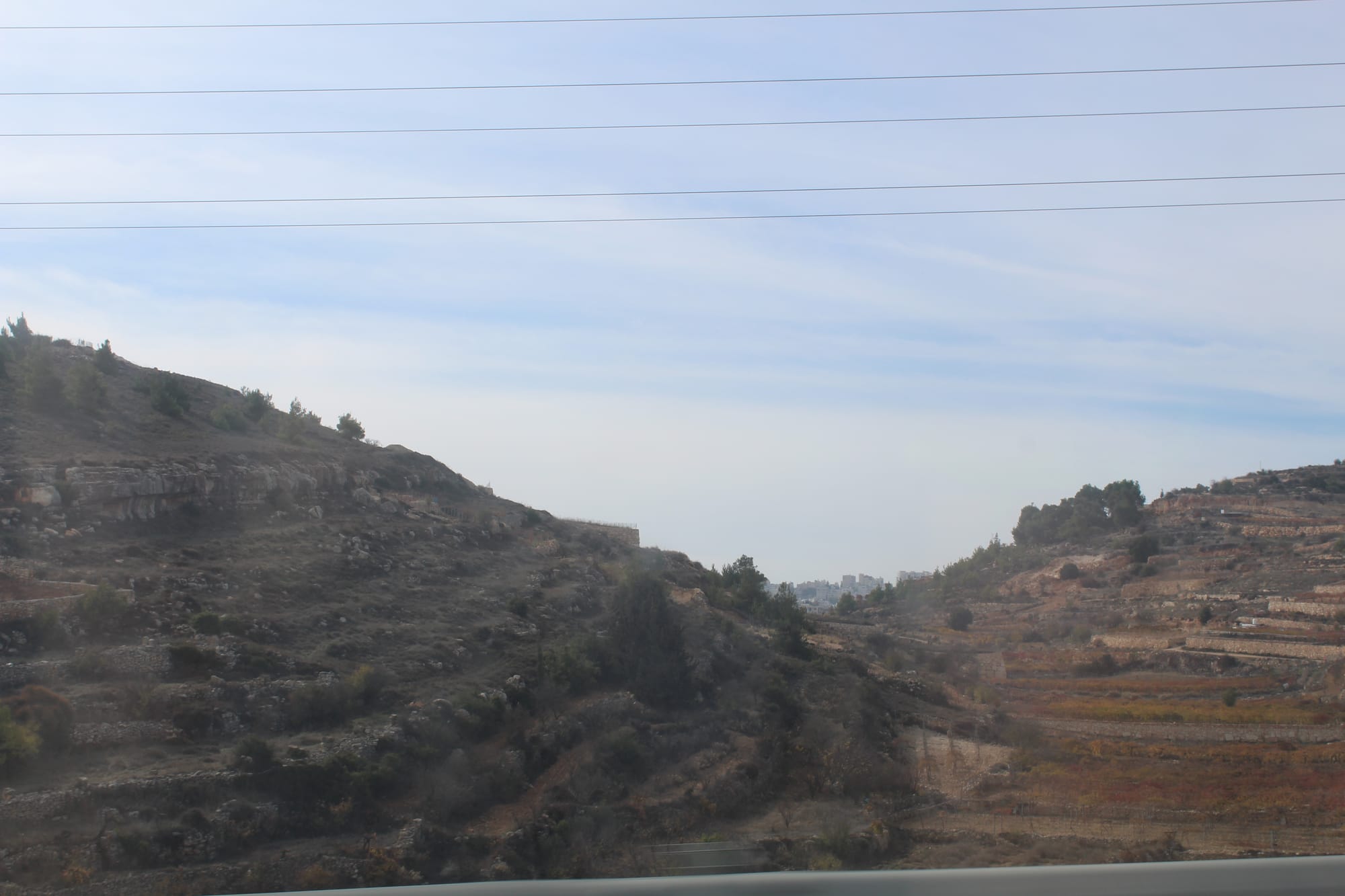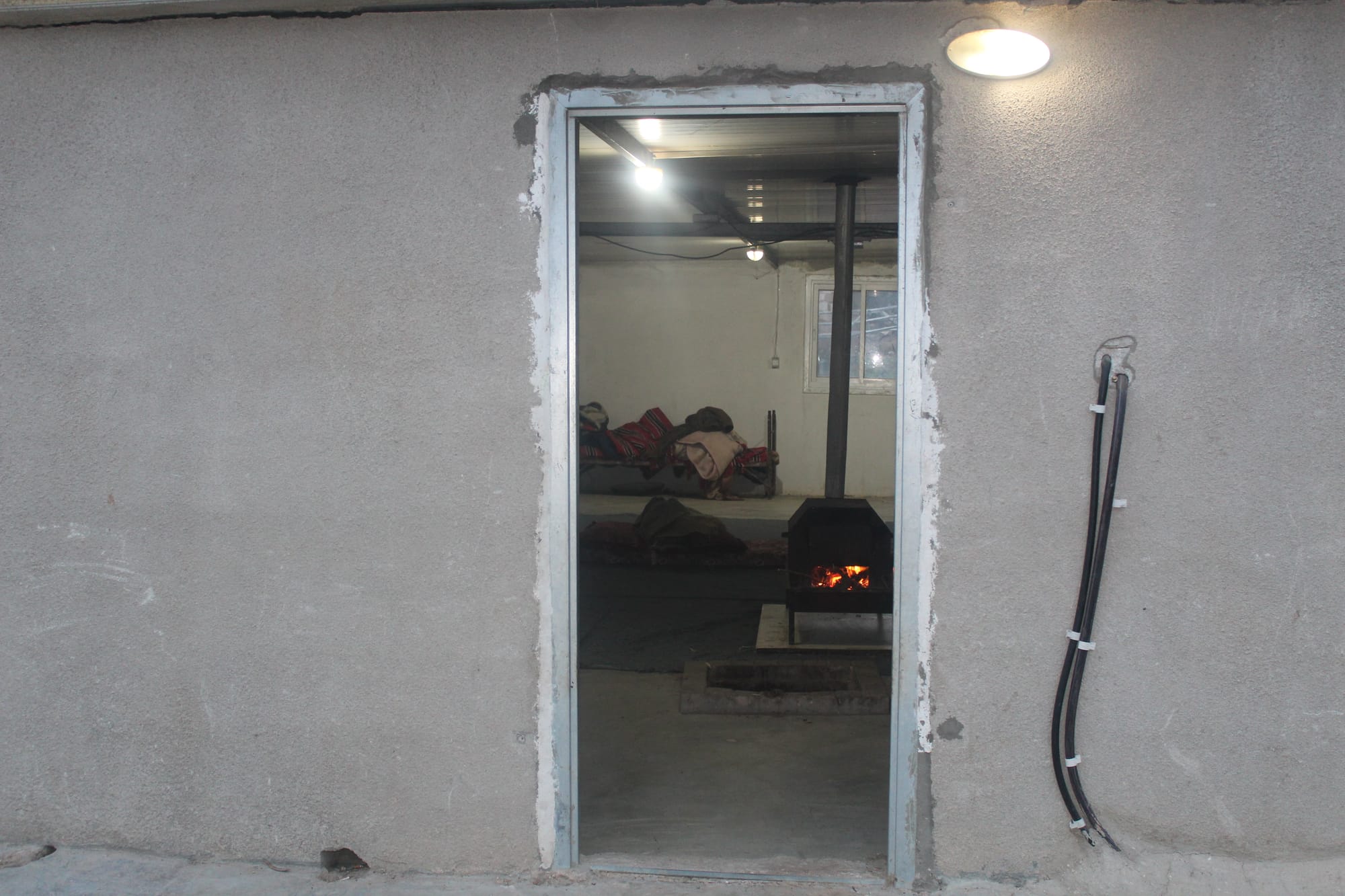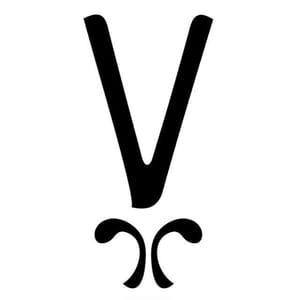
We’re spending the night in Umm al-Khair, a Palestinian Bedouin village in the southern West Bank. It’s an important time. H. is due to give birth to her third child this time next week, and you can feel it in the air.

H. says she knew from the beginning what the baby’s sex will be; it came to her in a dream. H. never gets her dreams wrong. Last summer, she dreamt that a bulldozer entered the village the day before several houses were demolished.
We sit on the sofa, and H. tells us that this whole week she hasn’t been able to stop thinking about Syria, imagining what happened there one day happening here. In the night she dreamt that she was an enormous bird watching everything from above; she could see the whole world as if from a beautiful telescope; there were “no more restrictions, no more occupation, nothing like that…” She trailed off, like she had the word inside her but she couldn’t produce it.
I have brought my camera, which I never bring. I ask H. if I can take some photos of her, so obviously about to give birth, with the understanding that they won’t go anywhere. She agrees and I tell her to continue as she was. I get one of her sitting, in her dark red dress, numerous dramatic creases forming in the region surrounding her stomach.
She carries on as if there's no flash, her expression only changing slightly, saying that there is sadness too; and yet perhaps in a way it is still just happiness, for the freed prisoners who are being touched by the sunlight and recognising the faces of their children who are now adults for the first time in god knows how long.
Outside, the men have decided to throw some meat on the barbecue, for one reason or another, maybe none at all.
Sitting together after the meal, somebody does the maths: “If it took Syria 13 years to be free, how many more years will it take for us?” I ask what it feels like to watch these videos taking place just over the border, and the answers are slow and heavy and full of stops and starts. Somebody says “hope”, but is immediately dissatisfied with it; what he wants is the adjective, the quality of having it. He gets there at last, and when he does, he makes an exaggerated murmur of remembrance that makes everyone laugh.
Before going to sleep, the subject of dreams comes up again, dreams in the sense of desires. There’s H.’s desire to return to university one day. Study history, maybe. She can still picture word-for-word, as if she were holding it in her hands, a page from her high school textbook: the map of Syria in the corner, the name of the Anglo-French agreement that carved up the Middle East.
Children keep coming in and being children and it becomes impossible to keep track of the conversation. We talk about other things instead. We remark that a new door has been installed in the house, which will allow H. a little more peace and quiet when the baby comes.
In the morning, we are woken by H. rushing in to tell us that a settler has entered the village and cut off the only source of water. He’s coming very close to the houses near the entrance. Straight after delivering this news, H. turns to me and is sick; from the baby, or the reality, or a combination of both.
We film the settler for a while, until he goes sufficiently away. The truth is that it’s barely even a particularly bad day here. The sky is so clear that you can make out what I have been told is Jordan in the distance.
At a certain point, there’s nothing much to be done, so we head back inside to H.. When we curl up together on the sofa, the chasm between our lives in this small strip of land far from disappears, and in half an hour we’ll go back to Jerusalem, and as we go we'll joke that she can come in our bag or something, but she can’t. As we quietly gather up our shit, the sense that everything we do and say is nothing more than empty gesture is difficult to banish. But for real, when we’re actually saying goodbye and meaning it now, when H. holds my hand to her stomach, and tells me to feel it, I feel it, though it could just be her breathing, could just as easily be me breathing. ▼
Kate Greenberg is an editor at Vashti.
Author

Kate Greenberg is a writer, activist, and editor at Vashti.
Sign up for The Pickle and New, From Vashti.
Stay up to date with Vashti.



